
Bowel cancer is one of those topics we don't like to talk about, but it's something we shouldn't ignore. In Australia, over 15,000 people will be diagnosed with bowel (or colorectal) cancer this year.
Although bowel cancer is most common in people over 50, more cases are being seen in younger people. From July 1st, if you're 45 or over you should be screened every two years. So make sure you do your free at-home screening kit.
In its early stages, bowel cancer often has no symptoms, so screening can literally be a lifesaver. The good news is, that making healthy dietary choices and staying active can help lower your risk of bowel cancer.
Here are the facts on bowel cancer.

Bowel (or colorectal) cancer is the second most common cancer diagnosed in both men and women.

In Australia, it's estimated that over 15,000 people will be diagnosed with bowel cancer this year.

In its early stages, bowel cancer often has no symptoms, so if you are 45 or over you should get screened every two years.
Symptoms
Short-term changes in bowel function are very common and usually do not indicate a serious problem. However, if you any of these symptoms persist, or worry you, see your GP for a check-up.
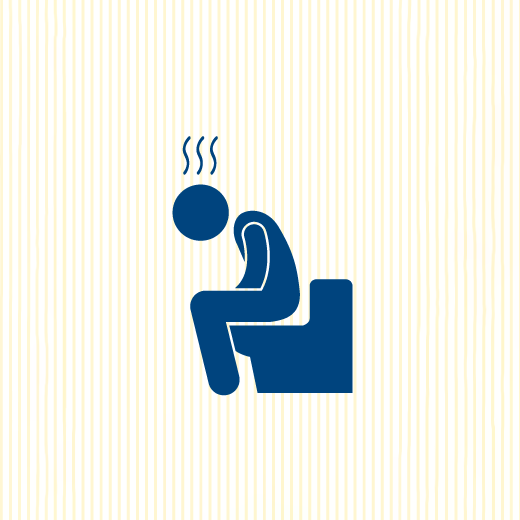
A change in bowel habit, such as diarrhoea, constipation or smaller, more frequent bowel movements (poo).
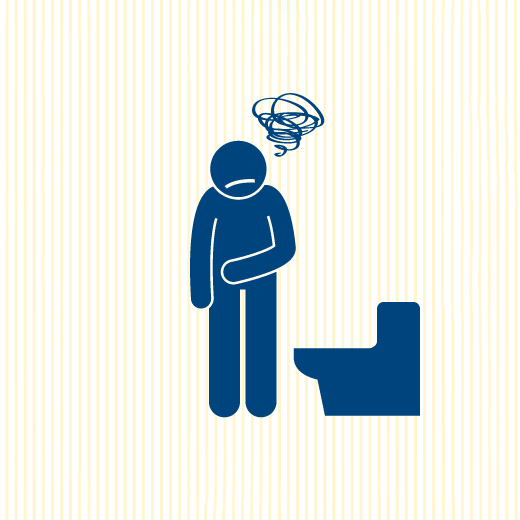
A feeling that the bowel hasn't emptied completely after a bowel movement.

A change in appearance of bowel movements (e.g. narrower stools or mucus in stools).
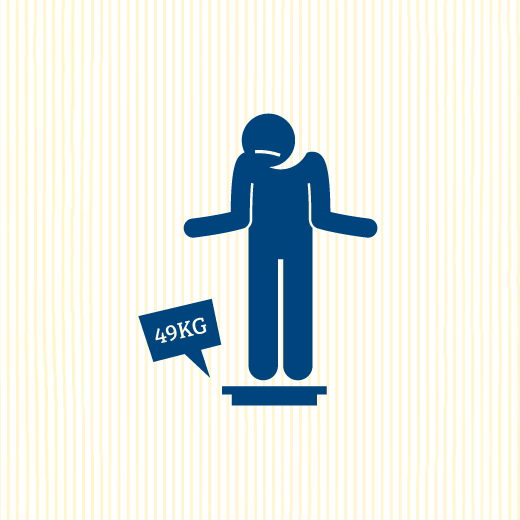
Unexplained weight loss.
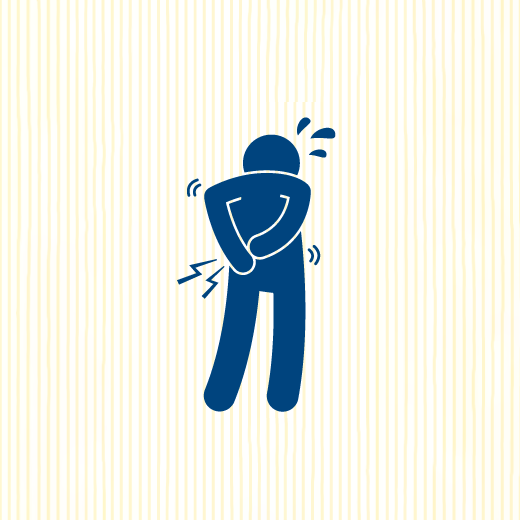
Rectal or anal pain. Abdominal pain or swelling.
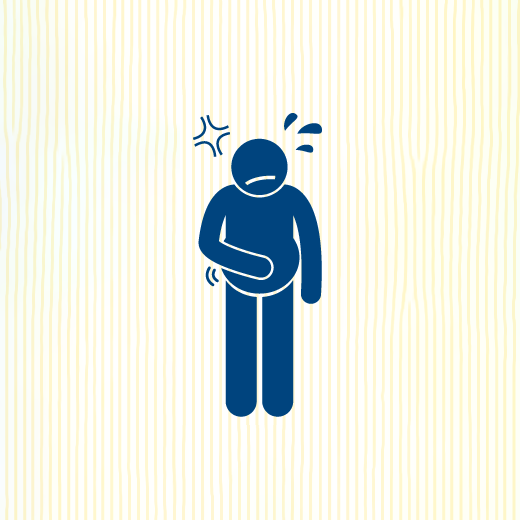
A feeling of fullness or bloating in the bowel or rectum.
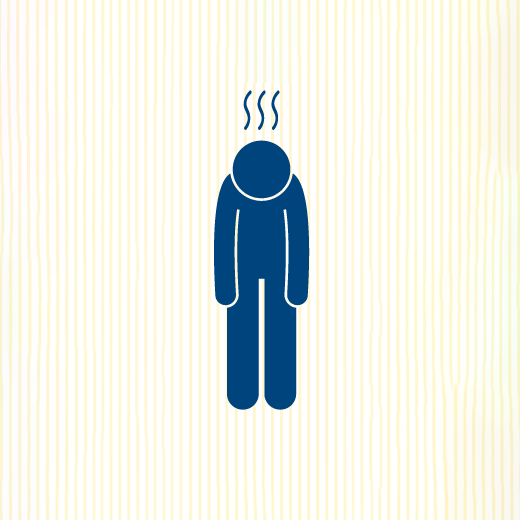
Fatigue which is caused by a low red blood cell count (anaemia).
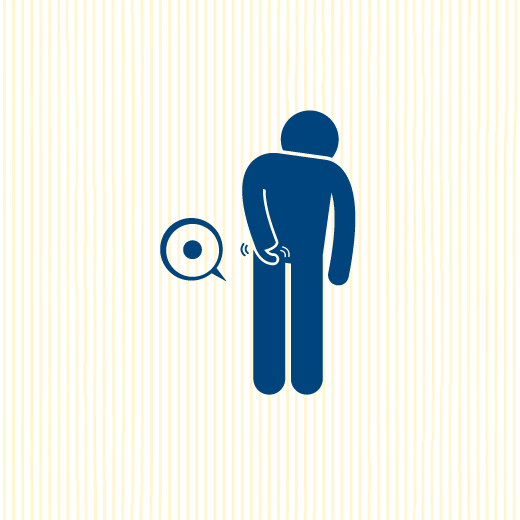
A lump in the rectum or anus.
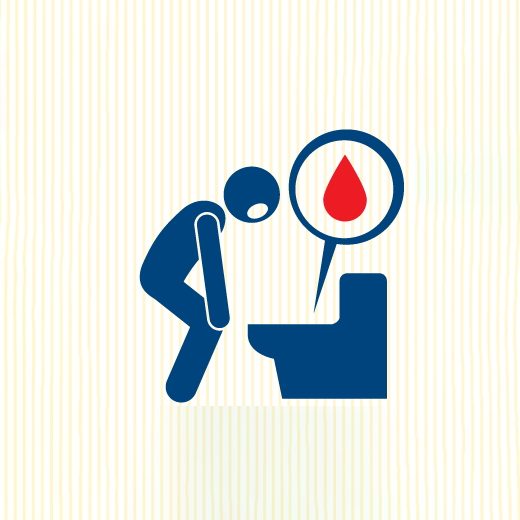
Blood in the stools or on the toilet paper.
Risk factors
You can help reduce your risk of bowel cancer with these healthy habits:

Eat 2 serves of fruit and 5 serves of vegetables every day.

Maintain a healthy body weight.

Reduce alcohol.

Stop smoking.

Reduce red and processed meat.

Eat fibre from wholegrain products.






